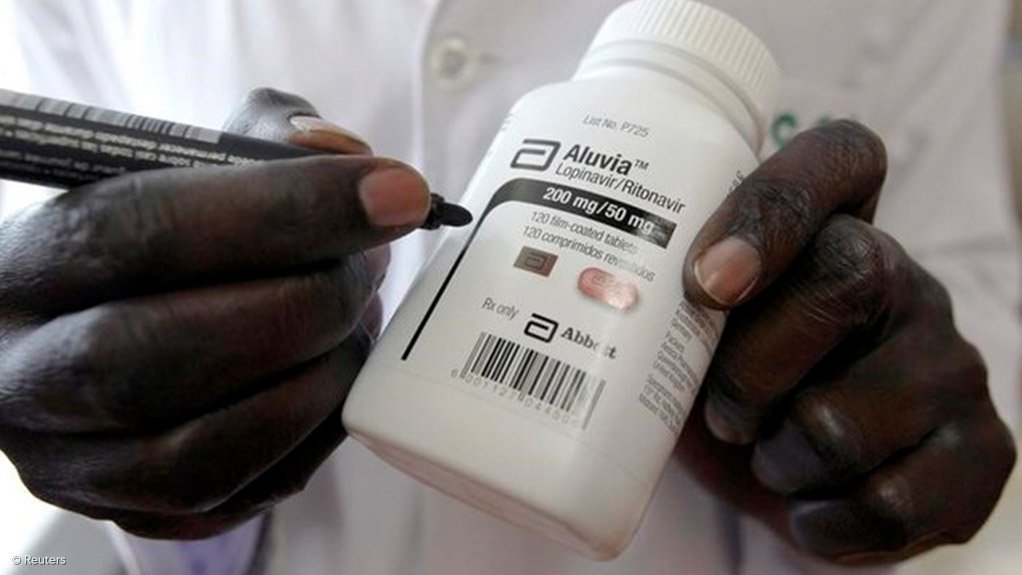Health security and medicine supply consultancy MMH & Partners Africa co-founder and CEO Michael Mynhardt says there is no reason why local manufacturers should not be producing the lion’s share of drugs needed to combat HIV.
Given the socioeconomic makeup of HIV patients in South Africa, most rely on government-provided antiretrovirals (ARVs) for treatment.
In 2022, government tendered for the production and supply of ARVs to be distributed to South Africans with 51% of the production capacity handed to locally-based producers, while the remaining 49% was entrusted to Indian manufacturers.
Mynhardt said the South African government needed to place greater trust in domestic producers by creating an enabling environment for the production and manufacture of ARVs in the country.
Mynhardt noted that being medically self-reliant and self-sufficient ensured that most immediate health concerns could be addressed even during “destabilising global phenomena”, while promoting the development of the industry and incentivising job creation.
He explained that in the case of the HIV epidemic, this would ensure that a long-term plan to overcome the disease was realistic, achievable and less dependent on external actors affected by their own problems.
Mynhardt argued that greater domestic ARV production meant greater security and also ensured government could keep up the momentum in the fight against HIV.
“…from an economic perspective, whether it is produced locally or abroad, producers are remunerated – but if produced locally, jobs are created, ARV production grows, and adjacent, upstream and downstream industries benefit,” he added.
He explained that the local creation and provision of the active ingredients of ARVs, benefited South Africa’s access to ARVs in the long term.
While critical industries were often shielded from international or domestic competition, with the logic being that product was critical to the security and well-being of the nation, Mynhardt noted this had not been the case for the pharmaceutical manufacturing of ARVs in South Africa.
He said if the South African government produced ARVs locally, it could distribute them to other African countries as well.
“This would ultimately contribute to the Africa Centers for Disease Control and Prevention’s vision to build a new public health order for the continent, by improving equitable access to medicine on the continent,” explained Mynhardt.
EMAIL THIS ARTICLE SAVE THIS ARTICLE ARTICLE ENQUIRY
To subscribe email subscriptions@creamermedia.co.za or click here
To advertise email advertising@creamermedia.co.za or click here











